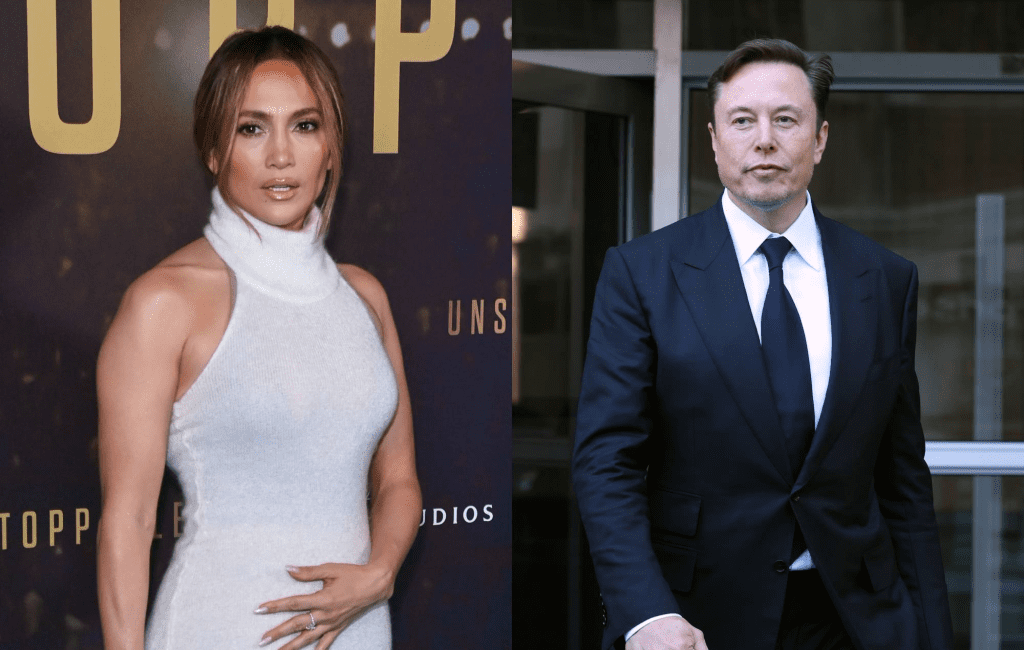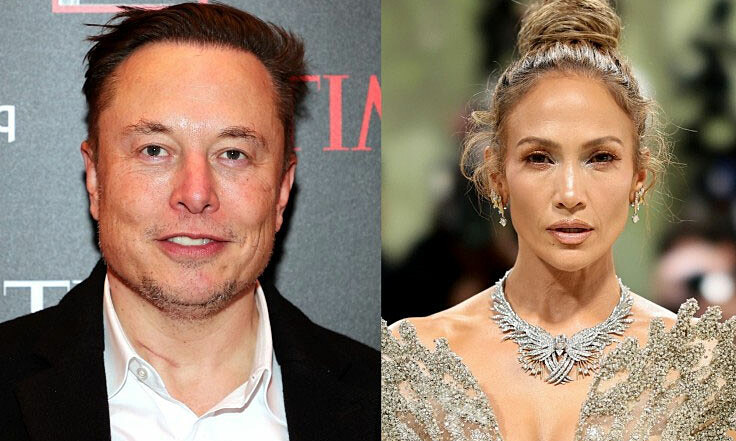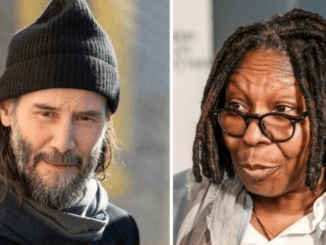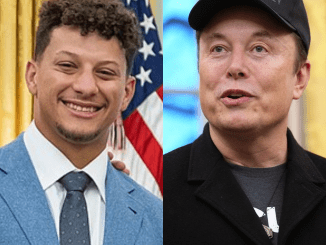In a recent episode of “The Joe Rogan Experience” podcast, Elon Musk criticized Jennifer Lopez following her endorsement of Kamala Harris in the 2024 U.S. presidential election. Lopez had urged voters to support Harris during a rally in Las Vegas, emphasizing the importance of women’s and Latino voices in the election. Musk questioned Lopez’s credibility, highlighting her past relationship with Sean “Diddy” Combs, who was arrested in September 2024 on charges including sex trafficking and racketeering. Musk suggested that Lopez’s silence on Combs’ alleged misconduct undermined her authority to speak out against political figures like Donald Trump. He stated, “J.Lo was like his ex-girlfriend and it’s like now deciding she’s like warning people against Trump. How many people did she warn against Diddy, right? Oh zero, okay. Maybe we shouldn’t trust her opinion.”

During the podcast, Musk and Rogan discussed the broader issue of celebrities endorsing political candidates, especially those with past associations that might conflict with their public statements. Rogan noted the irony of celebrities who previously associated with Combs now supporting Harris, stating, “It’s peculiar that so many who frequented his gatherings are now outspoken supporters of Harris.”
Combs, who dated Lopez from 1999 to … , has pleaded not guilty to the … against him and remains in custody awaiting trial. Lopez has not publicly commented on Combs’ legal issues, and there is no evidence linking her to his alleged crimes. However, Musk’s remarks have sparked debate about the responsibility of public figures to address past associations, especially when endorsing political candidates.

The controversy highlights the complex interplay between celebrity influence, personal history, and political advocacy. As the public scrutinizes the actions and statements of high-profile individuals, questions arise about accountability and the impact of past relationships on current credibility. While Lopez’s intentions in supporting Harris may stem from genuine concern, Musk’s comments underscore the potential for past associations to resurface and influence public perception.

As the situation develops, it remains to be seen how Lopez will respond to Musk’s criticisms and whether this discourse will affect her public image or future endorsements. The incident serves as a reminder of the enduring impact of personal history on public life, especially in the realm of political discourse.



